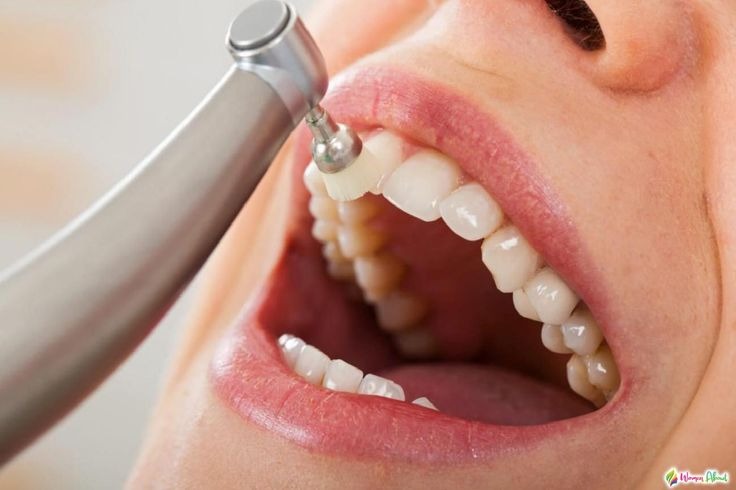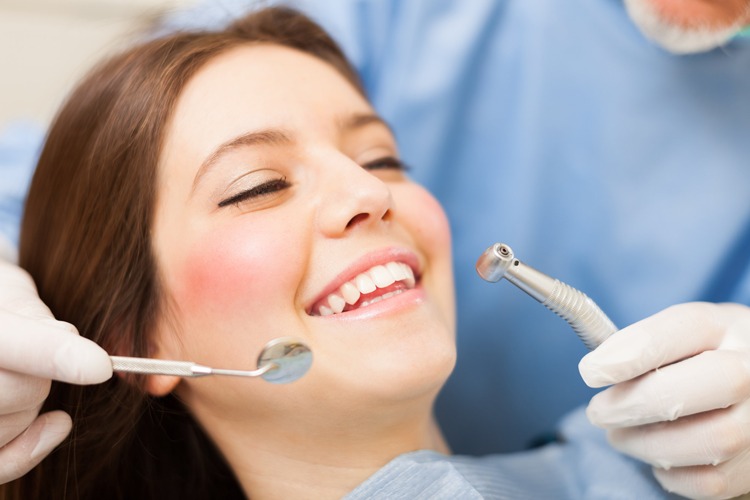Regular dental cleanings are essential for maintaining optimal oral health. Dentists typically recommend professional cleanings twice a year to prevent plaque buildup, tooth decay, gum disease, and other serious oral health concerns. But why twice a year? This article explores the importance, benefits, and science behind the biannual dental visit.
Importance of Regular Dental Cleanings
Preventing Plaque and Tartar Buildup
Plaque is a sticky film of bacteria that constantly forms on teeth. If not removed, it hardens into tartar, which cannot be removed by brushing or flossing alone. Regular teeth cleaning prevent this buildup, reducing the risk of cavities and gum disease.
Early Detection of Dental Issues
Biannual visits allow dentists to monitor your oral health closely and catch early signs of problems like gingivitis, oral cancer, or enamel erosion—making treatment less invasive and more affordable.
Fresh Breath and Aesthetics
Professional cleanings remove surface stains and eliminate bad breath caused by bacteria and food particles lodged in hard-to-reach areas.
Why Twice a Year Is the Standard
Based on Scientific Research and Patterns
Most people develop enough plaque and tartar within six months that a cleaning is necessary. This time frame allows dentists to maintain good oral hygiene for the average patient.
Insurance and Dental Guidelines
Many dental insurance providers cover two cleanings a year, supporting the idea that this frequency is sufficient for most individuals to maintain good oral health.
Custom Schedules for High-Risk Patients
Some patients with diabetes, smokers, or those with a history of gum disease may need cleanings more frequently. However, for the general population, every six months is the sweet spot.
What Happens During a Professional Teeth Cleaning?
Step-by-Step Breakdown
1. Oral Examination
Before the cleaning starts, your dentist or hygienist will examine your teeth and gums to check for signs of inflammation, decay, or other issues.
2. Scaling
This process removes plaque and tartar from the tooth surfaces and gum lines using specialized tools.
3. Polishing
After scaling, the teeth are polished with a gritty toothpaste to remove surface stains and smooth the enamel.
4. Flossing and Fluoride Treatment
The final steps usually involve deep flossing and sometimes a fluoride treatment to strengthen the enamel and protect against decay.

Long-Term Benefits of Biannual Teeth Cleaning
Saves Money in the Long Run
Preventative care reduces the need for expensive treatments like root canals, crowns, or gum surgeries.
Promotes Better Overall Health
Poor oral health has been linked to heart disease, diabetes, and respiratory issues. Regular cleanings help reduce this risk.
Builds Consistent Dental Habits
Frequent visits to the dentist help establish a routine of accountability and education, promoting lifelong healthy dental habits.
FAQs About Biannual Teeth Cleaning
Q1: Can I go once a year if I have good oral hygiene?
While some people may have excellent dental health, skipping the recommended six-month visit increases the risk of hidden problems going unnoticed.
Q2: Is teeth cleaning painful?
For most people, professional cleanings are not painful. If you have sensitive gums, your dentist can use gentler tools or numbing gels.
Q3: Does dental insurance cover two cleanings a year?
Yes, most dental insurance plans include two preventive cleanings per year at no extra cost to encourage consistent care.
Q4: Are there alternatives to professional cleanings?
While good at-home care is vital, it cannot replace professional cleanings that remove hardened tartar and assess gum health thoroughly.
Conclusion
Biannual dental cleanings are not just a recommendation—they’re a cornerstone of preventive oral care. By getting your teeth professionally cleaned every six months, you can maintain a healthy smile, avoid costly treatments, and detect issues before they escalate. It’s a simple habit with lasting benefits for both your oral and overall health.


